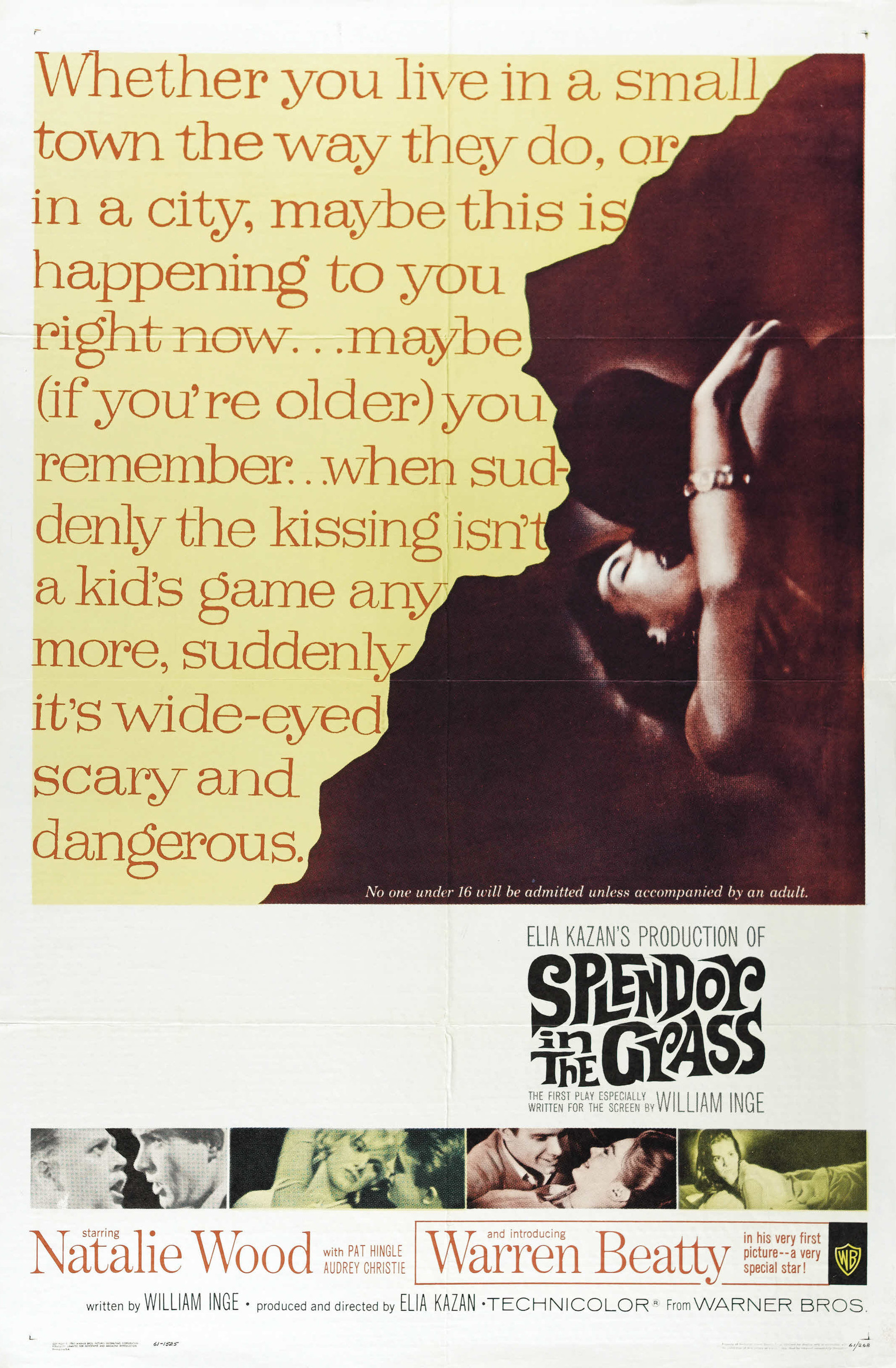 |
| Gena Rowlands in Opening Night |
If at some moments you're uncertain whether what's happening in Opening Night is taking place on-stage or off-, that's the point. Gena Rowlands's Myrtle Gordon is no longer able, in part (but not entirely) because of her alcoholism, to distinguish art from life. This, to me, is John Cassavetes's most accessible film -- which is ironic, since it was a critical and commercial disaster on its initial release in the United States. Cassavetes was unable to find an American distributor for the film, and it didn't get one until two years after his death. Myrtle is struggling through the New Haven tryouts for a play called The Second Woman, which is about the difficulties the character she's playing has with getting older. After one performance, a hyped-up young fan all but assaults her with adoration, but then, as Myrtle's limousine pulls away from the theater, the fan is struck by a car and killed as Myrtle looks back in horror. The fan's death precipitates a breakdown: Myrtle acts up on stage, objecting to a scene in which her co-star and former lover Maurice (Cassavetes) slaps her, arguing with the playwright (Joan Blondell, in a role that was first offered to Bette Davis) that the play's preoccupation with aging is wrong-headed, fighting with her director, Manny (Ben Gazzara), and breaking character on stage during performances. She also begins to see the young woman who was killed, sometimes explaining the vision away as an actress's technique for getting into character, but eventually resorting to consultations with spiritualists. Rowlands is simply phenomenal throughout the film, a performance that must be seen. But Opening Night is overlong at 144 minutes, and it has some of its writer-director's too-loose improvisatory qualities, especially in the scene in which the play finally opens on Broadway and Myrtle and Maurice improvise the final act to the great amusement of the audience, turning the opening night into a hit. In fact, it doesn't seem nearly as hilarious as that audience finds it, and Myrtle's transition from falling-down drunk at the beginning of the opening night performance into quick-witted improviser is hardly convincing. But it's a mistake to try to put any Cassavetes story into a conventional context; he's doing his own thing, and you either appreciate it or you don't. Look for Cassavetes regulars Peter Falk and Seymour Cassel, along with his friend Peter Bogdanovich, in the crowd at the opening night.
